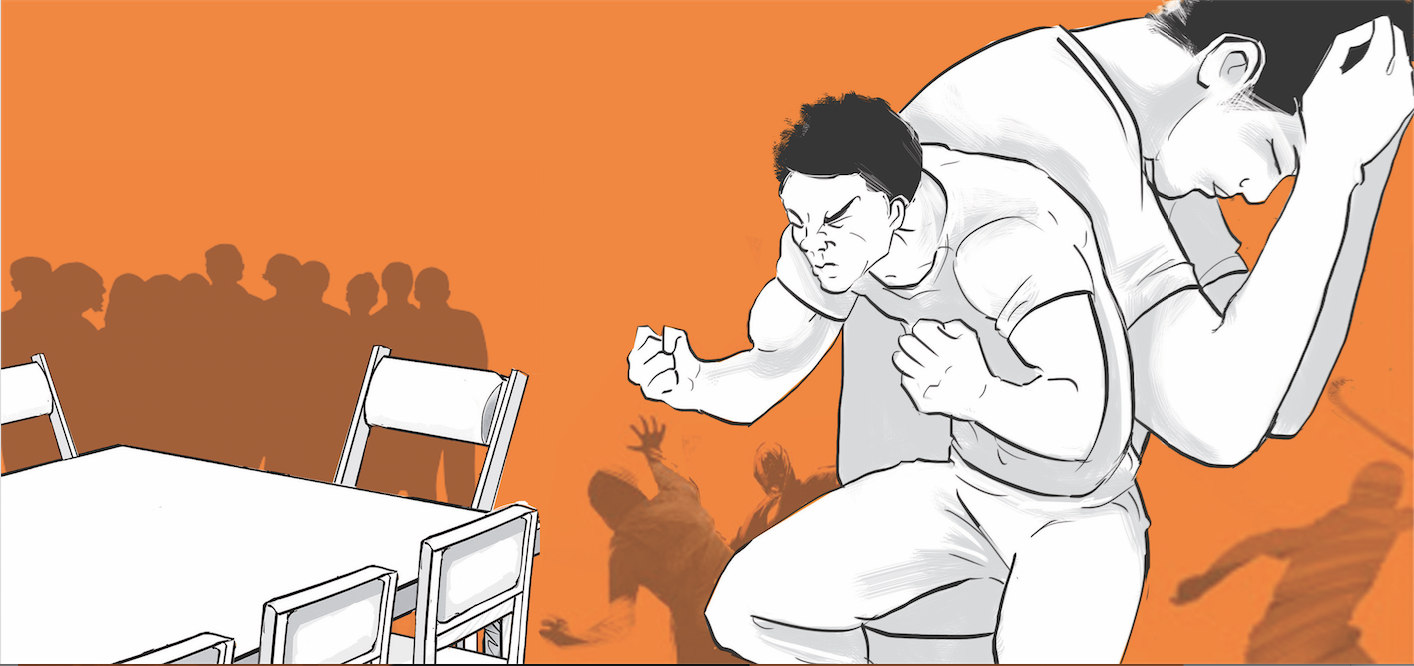

Recently, a young advocate died by suicide. The legal profession in Kenya has witnessed several such cases in recent years. The time is ripe for us to focus and find a lasting solution to the mental health toll on young advocates.
Many who pursue law begin with bright eyes
and big dreams, driven by the nobility of helping others achieve justice. But
nowhere in law school are we taught how emotionally and mentally taxing this
profession can be, especially for those just starting.
The toll begins early. Law school is
notoriously gruelling, often filled with long hours, academic pressure and
creeping self-doubt. Still, students push on, hoping that life will ease up
after graduation.
Then comes the Kenya School of Law and the
bar exam, administered by the Council of Legal Education, an exam with pass
rates that can dip as low as nine per cent. The pressure is immense, and the
journey is far from over.
Securing pupillage is another mountain to
climb. For many, it is a profoundly traumatic experience marked by long hours,
low or no pay, and a lack of mentorship. Yet even this is not the end. The
“holding over” period between pupillage and admission as an advocate is equally
uncertain and often financially and emotionally draining.
Once admitted, many advocates face
underemployment or are forced to accept salaries as low as Sh30,000. They wear
crisp suits and appear put together, but behind the façade are individuals
stretched thin emotionally, mentally and financially.
Joining the legal workforce can feel like
the final blow. The work environment is fast-paced, high-pressure and often
unforgiving. Advocates are expected to work long hours, manage extensive
research, maintain constant communication with clients and colleagues, and
juggle multiple demanding cases.
There is relentless pressure to perform and
win, especially in a profession that attracts overachievers and perfectionists.
It is no surprise that this environment often leads to chronic stress and
emotional exhaustion.
Moreover, many advocates handle deeply
traumatic cases. To serve clients effectively, advocates must engage with the
most intimate and painful details of their lives. This repeated exposure to
trauma can lead to secondary or vicarious trauma, another hidden burden in an
advocate’s line of work.
Over time, these compounding stressors can
push young advocates toward anxiety, depression, burnout or, worse, suicide.
According to a 2016 study published in the
Journal of Addiction Medicine, 28 per cent of lawyers suffer from depression, 19 per cent experience anxiety, and 23 per cent endure chronic stress.
Another survey by LawCare found that 66 per cent of legal professionals said their careers had negatively affected their
mental health. Nearly half, at 46 per cent, had considered leaving the
profession due to burnout or stress, and nine per cent had contemplated suicide.
In the United States, the American Bar Association further reports that one in
three lawyers struggles with problematic alcohol use.
It is time we stopped treating this as an
individual weakness and started seeing it as a systemic issue. Young advocates
must be encouraged and empowered to seek support early. Prioritising mental
health is now, more than ever, critical.
Small, intentional habits can offer relief,
such as taking breaks during the day, stepping outside for air, speaking to a
therapist, or simply setting boundaries around time and expectations. Knowing and
honouring your limits is not a failure but a form of self-preservation.
In the end, we only get one life. And it
should be lived in a state of thriving, not just surviving.
Legal
Advisor at the Kenya Human Rights Commission












